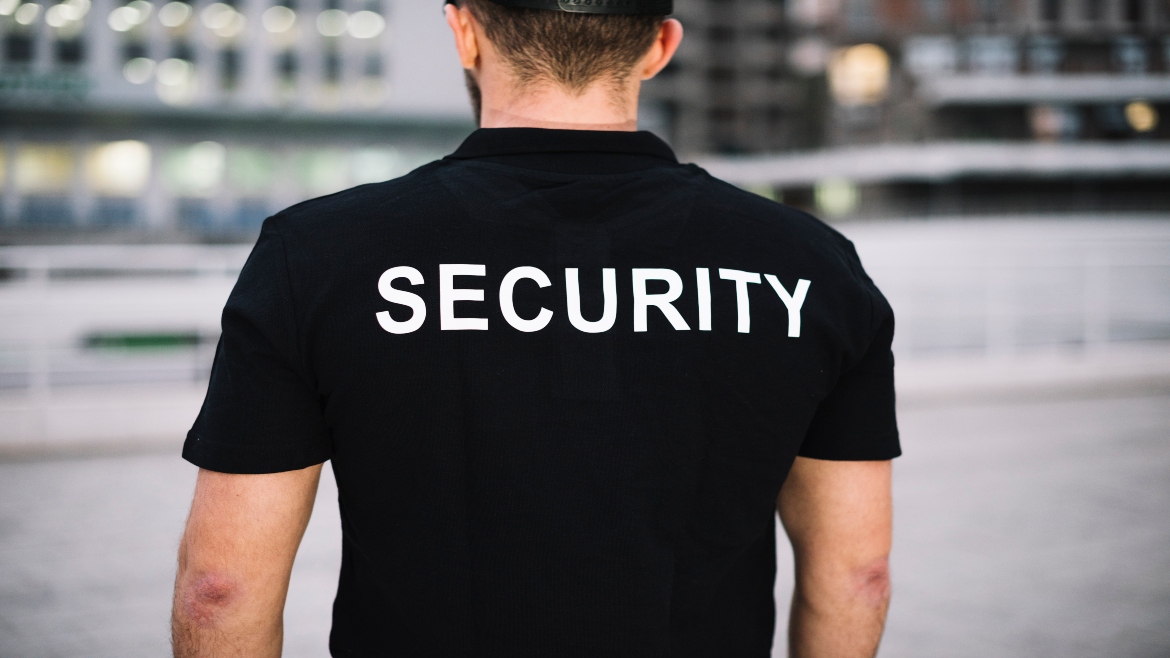How security technology empowers onsite personnel
Critical infrastructure sites, cannabis growers, and automotive dealerships have one thing in common: wide, expansive spaces requiring continuous protection. For many of these locations, achieving a high level of security and safety can be challenging.
For example, critical infrastructure and construction sites are often located in remote areas requiring continuous threat protection. These environments may also have trouble deploying adequate video surveillance infrastructures, and therefore, security leaders must look beyond traditional systems to address potential risks.
The introduction of artificial intelligence (AI), robotics and proactive security solutions can help to support greater automation that helps security leaders strengthen their operations. At the same time, these intelligent solutions — some new to the market but proving themselves in real-world situations each day — support the efforts of security personnel on the ground, allowing them to focus on the important tasks at hand rather than the mundane tasks.
By combining AI advancements with guard personnel, businesses gain an effective force multiplier that works in tandem to ensure the highest levels of security. That’s what we call a win-win. Let’s explore how this combination can drive greater value for your organization.
New Security Technology
Most security infrastructures typically include video surveillance systems and security guards as integral elements of a successful program. This layered approach has always served as a best practice.
But the pandemic changed the landscape as more businesses looked to add intelligent technologies to protect sites that were now unmanned. Concurrently, contract guard companies found it difficult to hire and retain personnel with the rise in wage rates and health insurance costs.
But with challenge comes opportunity. Today, as we move away from the significant effects of COVID-19, companies are looking at finding ways to leverage both services more effectively.
With technology explicitly designed to augment the tasks of guards, there is an opportunity to embrace a process that will work to increase the security maturity level of your organization.
These options are also powerful in helping adopt a more proactive approach to security. We have typically been a reactive industry, but we now have the advancements to change our perspective and operations.
Proactive security technologies empower security personnel to focus on high-impact activities while an AI-based engine “watches” for potential security events. By monitoring, engaging in live intervention, and reporting, this type of offering is proven to be highly effective at stopping criminal activity.
One such security technology is proactive video monitoring, which can help prevent criminal activity. This technology can help to detect threats and send an alert to an operator off-site. The operator investigates the area of concern and, if necessary, can speak directly with an intruder through a live audio warning. In 98% of cases, a live audio warning (not a pre-recorded message) is enough to stop the individual’s actions.
Onsite Security Personnel
There has been much discussion about how these types of solutions can replace the human guard element, but that is simply not the case.
With more than one million security guards employed in the U.S., according to the U.S. Department of Labor’s Bureau of Labor Statistics, these individuals are critical to ensuring the safety of various locations and environments.
Is there an opportunity to do better? Absolutely, and that is where technologies like PVM, robotics, and video analytics come in. Each of these security solutions can augment onsite security staff by increasing their ability to see, hear and “sniff out” danger.
Hazardous activities — such as responding to a dangerous situation — can now be managed remotely to ensure a higher level of safety for your personnel. This approach can help to reduce liability and ensures the continued safety of guards onsite.
Additionally, this security technology can help during staffing shortages when it is difficult to find guards to work in remote, desolate, or dangerous locations. Robotic solutions can be sent to monitor remote or high-risk areas, which limits liability.
Technology can also be helpful in supporting less-than-desirable jobs, such as working the graveyard shift, where perimeter rounds are completed several times each hour. The use of these advanced technologies takes away the monotonous, sometimes risky work and leaves more strategic duties to your security guards.
As you can see, there is a more significant benefit to adopting automation technology, like PVM, which is critical in empowering the human element in security. The simple fact is that security guards can’t be everywhere; they need support, and more than ever, useful intelligence is available to provide this support.
Now is the time to embrace the technologies that can make your onsite personnel more effective, and boost your security strategy. And there is no better time than today.
Unarmed security guards hired to patrol on Chicago’s Southwest Side after increase in crime
CHICAGO – Starting this week, a ward on Chicago’s Southwest Side will begin hiring private security to combat an increase in crime in the Beverly, Morgan Park and Mount Greenwood neighborhoods.
It’s something business owners asked for, since there aren’t enough police officers to do the job.
“This is an extra set of eyes and ears, going up and down the alleys and in front of the businesses, identifying what could be suspicious behavior or criminal behavior, and then contacting the Chicago Police Department,” said Ald. Matt O’Shea (19th).
O’Shea said that robberies are up more than 20%, burglaries are up more than 30%, and theft is up more than 60% citywide.
He said he’s fired up about the lack of attention crime is getting, primarily when it targets the city’s most vulnerable residents.
“When we talk about crime, it’s not just the data, it’s the perception and people are scared,” O’Shea said.
O’Shea hopes the security will free up Chicago police to tackle more serious crime. He calls CPD staff shortages “troubling” and wants to lighten the load for police.
The private security is funded through the end of this year.
The Bucktown, Lincoln Park and Hyde Park neighborhoods have also recently hired private security to deter crime.

